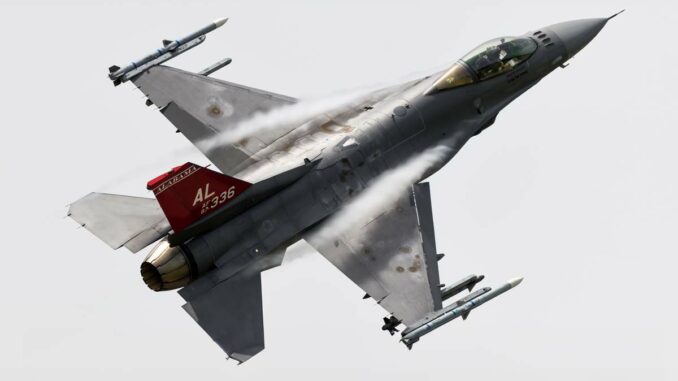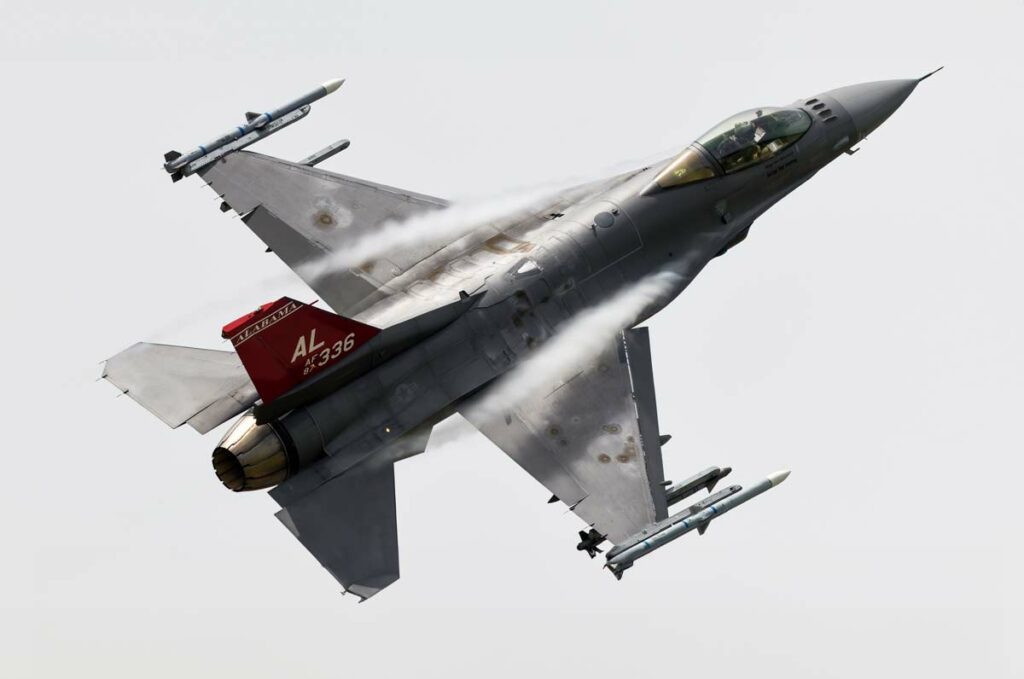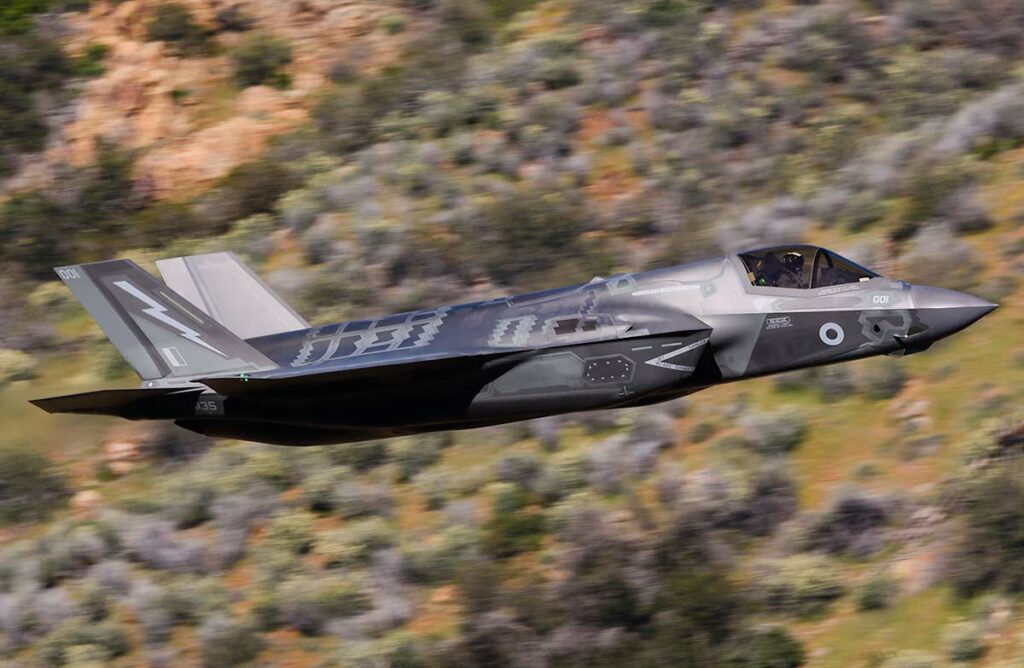
The United States approves the sale of F-16 aircraft to Turkey and F-35s to Greece, strengthening NATO after Sweden’s accession.
NATO’s military reinforcement: the stakes of F-16 and F-35 sales
The Biden administration recently approved the sale of F-16 fighters to Turkey and F-35s to Greece, marking a strategic turning point in NATO’s expansion, particularly since Russia’s invasion of Ukraine. The decision comes after Turkey ratified Sweden’s membership of NATO, a condition it had set for accepting the sale of the new aircraft.

The sale to Turkey includes 40 new F-16s and equipment to modernize its existing fleet of 79 F-16s. Greece, meanwhile, will acquire 40 F-35 Lightning II Joint Strike Fighters and associated equipment, in a deal valued at $8.6 billion.
Turkey, a NATO ally, had long sought to modernize its F-16 fleet. The Biden administration supported the sale, but several legislators voiced objections linked to human rights concerns. These objections were overcome, paving the way for approval of the sale.
Turkey’s delay in approving Sweden’s membership of NATO, due in part to its national security concerns, notably its fight against Kurdish militants, had frustrated the USA and other NATO allies. With Sweden’s formal NATO membership now dependent on the approval of Hungary, the last NATO ally yet to ratify its membership, this development is seen as an important step in strengthening the alliance.
Geopolitical and security consequences of arms sales
U.S. approval of F-16 sales to Turkey and F-35 sales to Greece has significant implications for the security balance in the region and beyond. On the one hand, it strengthens the military capabilities of two key NATO members, enabling them to better respond to regional threats, notably Russian aggression. Modernizing these countries’ air fleets contributes to NATO’s overall objective of maintaining a technological edge against potential adversaries.
On the other hand, these sales may be seen as an escalation in the arms race and a potential source of regional tension, particularly between Greece and Turkey, which have a history of territorial disputes and tensions. Increasing the military capabilities of these two countries could exacerbate these tensions, although NATO membership is expected to play a moderating role.

Moreover, Turkey’s decision to condition its approval of Sweden’s NATO membership on the F-16 agreement raises questions about the use of diplomacy and arms deals as a means of political pressure. This dynamic could have implications for NATO’s future cohesion and the way decisions are taken within the alliance.
Arms sales to these countries must also be seen in the wider context of US foreign policy and the US relationship with Turkey and Greece. While Turkey has a complicated relationship with the US and other NATO members, not least because of its internal politics and actions in Syria, the F-16 sale could be seen as an attempt to strengthen ties and maintain US influence in the region.
U.S. approval of F-16 sales to Turkey and F-35 sales to Greece marks a strategic strengthening of NATO, but also raises questions about the balance of regional security and arms diplomacy.
War Wings Daily is an independant magazine.